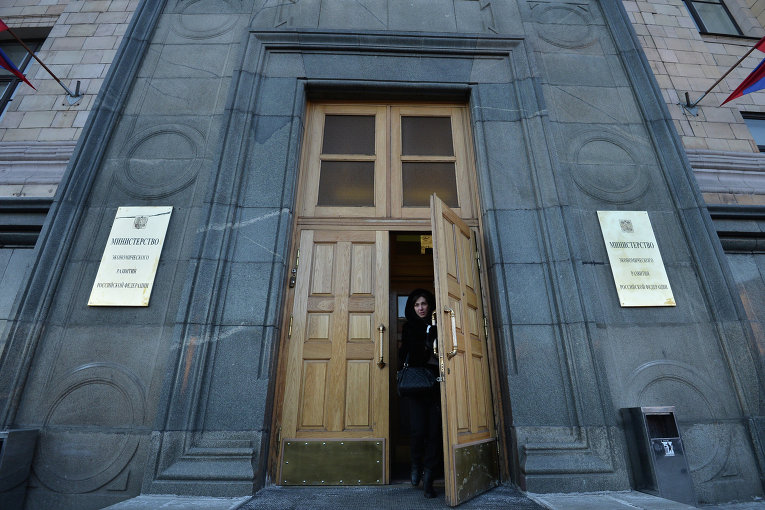MOSCOW, December 4 (RAPSI) – The Economic Development Ministry and the Russian Union of Industrialists and Entrepreneurs, or RSPP, have unveiled measures designed to encourage foreign subsidiaries of Russian strategic companies to return back to the country, Kommersant newspaper reports on Thursday.
The proposal has been reportedly submitted to the government for consideration.
Mandatory mechanisms would be only applied to the companies that implement state defense contracts, according to Kommersant.
In particular, the ministry has proposed introducing restricted jurisdiction for the biggest companies that implement state defense contracts and for companies where defense contracts accounted for over 50 percent of three-year revenues.
According to the newspaper, all other strategic companies would be offered voluntary repatriation incentives related to the securities business, taxes and corporate governance. It would be inexpedient to try to force private companies to return to Russia.
A framework decision on the mandatory de-offshorization of large companies was adopted at a meeting chaired by First Deputy Prime Minister Igor Shuvalov on October 28. It was decided that repatriation should include all strategic companies but that it would be implemented in stages to minimize damages.
Kommersant cites a letter by Deputy Economics Minister Nikolai Podguzov, who writes to the government that mandatory de-offshorization would be difficult to implement. Reregistering foreign legal entities in Russia would be technically impossible, because this would entail the liquidation of the company and the sale of its assets to the controlling company. The parent company would therefore sustain financial losses (including additional taxes) or would even have to stop operating in the foreign country.
In December 2013, President Vladimir Putin in his annual address to the Federal Assembly called for a crackdown on Russian companies that dodge taxes by registering in offshore jurisdictions.
After a joint development by the Finance Ministry along with the Economic Development Ministry, the bill was passed through both houses of parliament and signed into law by president Putin on November 25.



